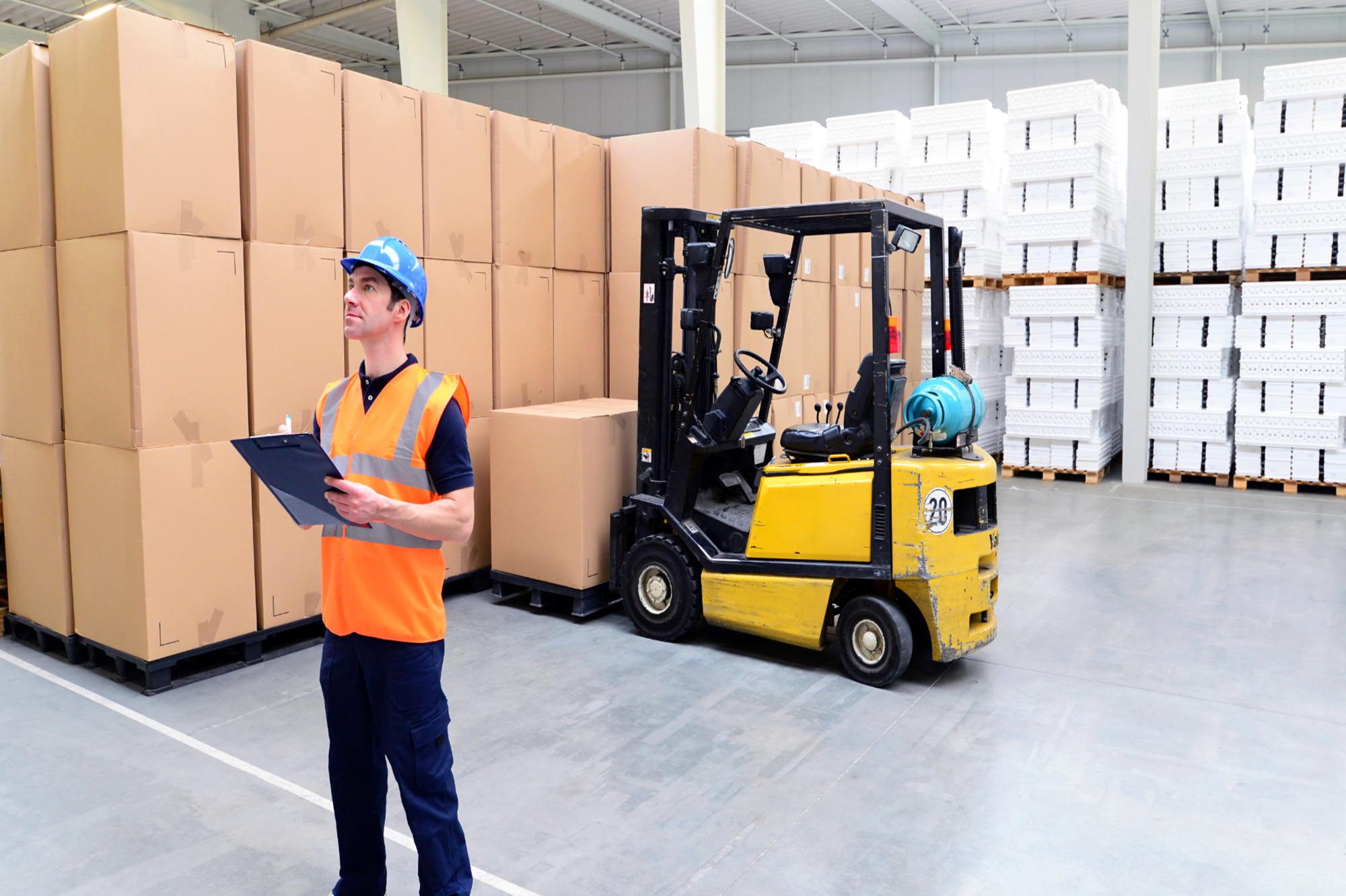Many international businesses use the Netherlands as a gateway to Europe. They supply goods from outside the European Union (EU) to the European market via a warehouse or storage depot located in the Netherlands. Although this type of warehouse or storage depot in the Netherlands is often only an intermediate stop in your transport chain, bear in mind that as an entrepreneur you need to keep a close eye on your tax position. Transit through the Netherlands may result in taxation sooner than you might expect, especially in a growing business.
What happens if you start to perform other activities in the Netherlands alongside the storage of goods? Our experts discuss a number of different forms of growth and their tax implications.
The Netherlands as transit country: storage and transshipment via a third party
If you import goods into the Netherlands from outside the EU, for example via the Port of Rotterdam or Schiphol Airport, you will immediately be confronted with customs obligations and VAT implications. You will also need to check whether there is a fixed establishment for VAT purposes.
If your Dutch business takes the form of, for instance, a private limited company (bv), this company will almost always be subject to Dutch corporate income tax (CIT).
From a corporate income tax perspective, your business is unlikely to qualify as taxable business if you do not have a Dutch entity, you store your goods at a third-party warehouse and you also contract out any onward shipment to other countries.
Expansion of activities: when does a taxable permanent establishment arise?
As your Dutch business grows, you may find it necessary to expand your activities in the Netherlands. You might do this by acquiring your own premises, offering after-sales services or taking on sales personnel. What difference will this make to your tax obligations and when might a permanent establishment for corporate income tax purposes arise?
A local taxable presence of an entity established abroad is also known as a permanent establishment. The Netherlands will want to levy taxes on the profits the foreign company earns through the Dutch permanent establishment. Whether the Netherlands is permitted to do so depends on tax treaties, amongst other things.
Whether there is a permanent establishment for corporate income tax purposes depends on the specific facts and circumstances, but in general the following applies:
Place of business and business activities: usually a permanent establishment
If you have a fixed place of business in the Netherlands, such as an office building or business premises that you use for performing your business activities, this almost always qualifies as a permanent establishment and therefore a taxable presence in the Netherlands. It is usually irrelevant whether you have bought or are leasing the place of business.
Please note: an exception is made for a number of activities.
Exception for logistics, storage and auxiliary services: not usually a permanent establishment
If your foreign company’s activities only consist of logistics and storage, then there is no permanent establishment. This is the case even if you have a Dutch fixed place of business at your disposal. Additionally, there is no permanent establishment if only auxiliary activities are performed in the Netherlands. Examples of auxiliary activities are market research and advertising.
Tipping point of growth or expansion: a permanent establishment after all?
If your activities in the Netherlands increase, you need to keep a close eye on your tax position. If you are adding other business activities to the storage of goods, such as sales, customer service or manufacturing, these will no longer be viewed just as auxiliary activities in certain cases. All activities performed in the Netherlands will then qualify as a (taxable) permanent establishment. The Netherlands will want to levy corporate income tax on the profits realised through the activities of this permanent establishment.
Read more about international growth and permanent establishments here.
Profits of the permanent establishment taxed in the Netherlands
Profits must be allocated to the activities carried out in the Netherlands by a permanent establishment. This allocation must be calculated using the arm’s length principle, with transfer pricing playing an important role. Tax must be paid on these profits in the Netherlands. This means that the foreign company needs to file an annual tax return in the Netherlands.
The profits of the foreign company, including the profit from the Dutch permanent establishment, are often also subject to taxation abroad. Local legislation or the application of tax treaties usually ensure that no double taxation takes place, but these rules differ from country to country. It is wise to seek advice on this matter.
Growth or a change of activities: obtain advice in good time
In this article we have given a general description of when untaxed transit activities can become taxable business activities. In practice, where this tipping point lies is dependent on the facts and circumstances of each individual case. This can therefore lead to discussion and (unexpected) taxation. In addition to the extra costs and the administrative burden this can bring, you will of course want to have your tax position clear in advance. Make sure you are aware of the rules and obtain sound advice, especially when your business is growing.
Want to find out more?
If you would like to know more about permanent establishments, expansion in the Netherlands or our full range of services, please don’t hesitate to contact us. Baker Tilly’s tax advisors would be happy to help you with your international growth!
The legislation and regulations in this area may be subject to change. We recommend that you discuss the potential impact of this with your Baker Tilly advisor.
Other insights
No results found


